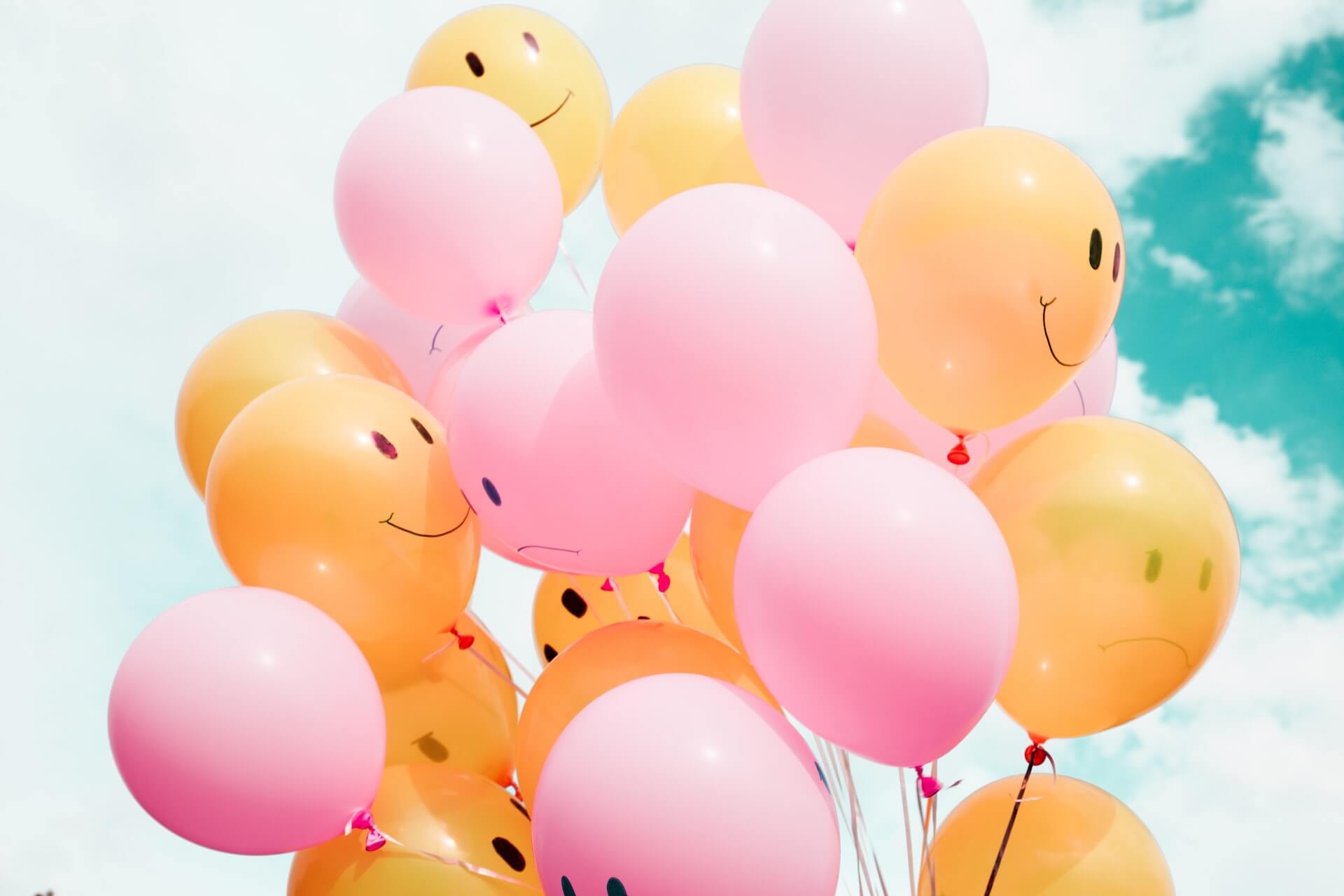How happy occasions can make us sad
The joy of the occasion is accompanied by daydreams about “sunny years through the years.” However, the father’s memories of his daughter’s wedding day are reminiscenced in melancholy tones. Do you ever cry at happy events such as weddings, graduations and christenings? Are you ever so happy you could cry? Interactions between emotions and memories can bring out sadness as well as joy on happy occasions.
Recalling the good times and people of the past can help us remember that they are gone forever. As time passes, the past cannot be retraced. Yesterday’s sweet memories are inherently bittersweet. While we are happy to have enjoyed them, we regret not being able to keep them or bring them home. Jim Croce sang “Time in a Bottle” and said that he could make days last forever but would “save every single day until eternity passes away” to be able to spend time with the one he loves.
Sometimes, events can bring back memories of not only what we don’t have anymore but also what we didn’t have. An individual might think that others may not have experienced the same success or luck when celebrating their successes. People can feel guilty when they hear about their family vacations and the affectionate pets they have.
We can feel disappointment even when we are happy. Anticipation can create unrealistic expectations of the future. The reality can cause us to focus more on what is not there than what is. John Lennon sang “And so this Christmas, and how have we done it?” A young child who hopes for a pony may not appreciate the gifts that they got.
Even the best events can sometimes be affected by unfavorable or unwanted aspects. When it rains at an outdoor wedding, or when wait times at amusement parks seem too long, it can be disappointing. Negative emotions like annoyance and discomfort can make joy less enjoyable.
*Memories can be both good and bad. When we look back, it is possible to find unpleasant memories along with the good. Graduation can bring back memories of difficult medical conditions, poor grades, and bullying. Reverie is a way to revisit both the positive and the difficult times on an anniversary.
Accepting the imperfections in even the best life can be difficult. While buying a home is a great way to express pride and excitement, it can be difficult to accept the limitations of your life.
Oppositional relationships are one way conceptual knowledge can be organized in semantic memory. It is not uncommon to think large if someone speaks of something, or day if someone speaks of something that is night. If someone says happy, it’s common to think sad. As happy thoughts can evoke sad feelings, it is not surprising that you feel sad when you are happy. It is possible to activate the opposite without conscious effort. Our knowledge base demonstrates how concepts and things relate. Understanding reality requires understanding relationships.
It is possible to lose some joy in a happy situation by missing it too soon, as though it has been forgotten. Anticipatory nostalgia can cause sadness and lead to longing and yearning for the past.
What do we do when sadness interferes with our enjoyment of happy moments?
We can use our anticipatory instinct to enjoy the moment when we are faced with sadness in otherwise happy situations. Research has shown that the act of savoring the moment builds a base of nostalgia memories and encourages optimism. It can be a reminder to live in the moment and make the most of the time. Enjoy it while you still have the chance. Allow yourself to be fully present and enjoy the good times. Take control of the future as it comes.






